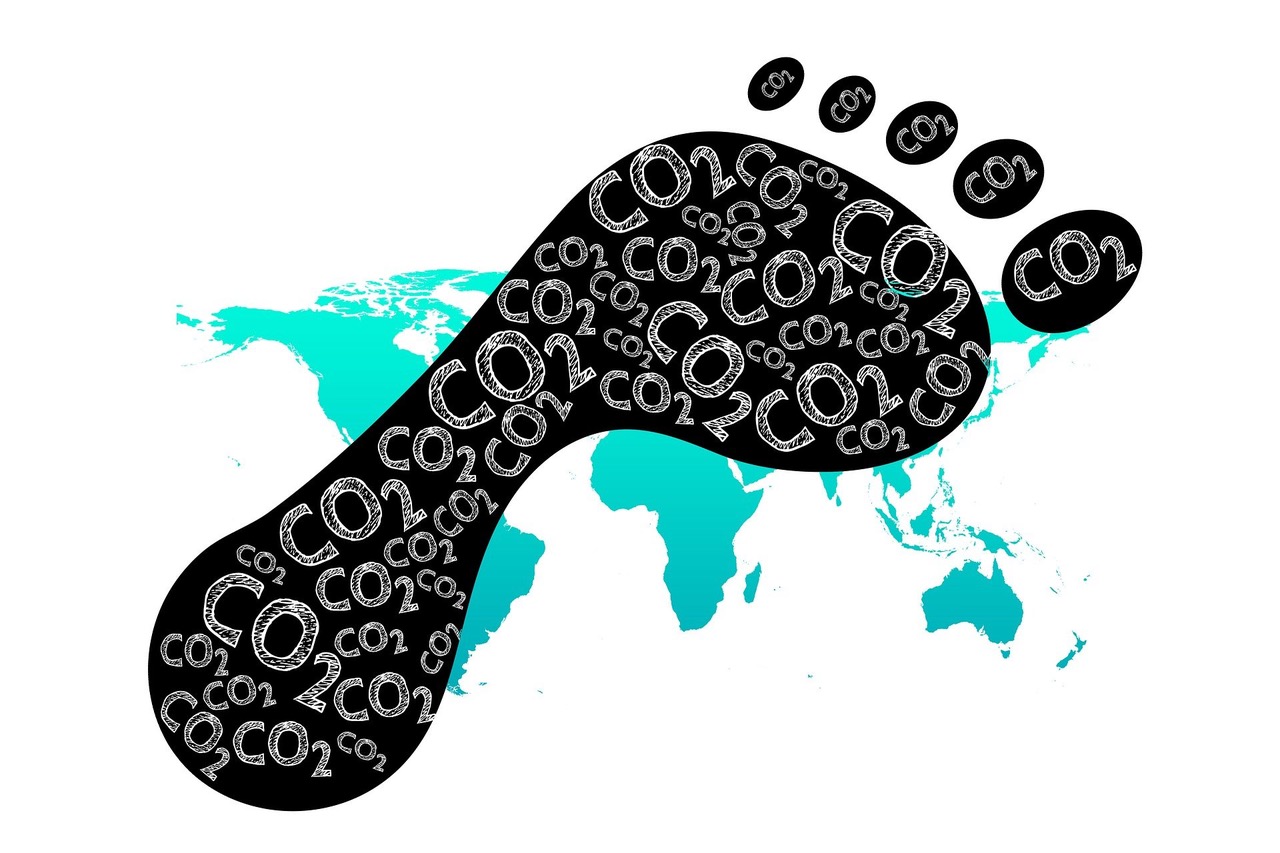He Drives, She Recycles: What Gender Differences Say About Our Carbon Footprints

If climate change had a gender, would it drive a diesel SUV and order a steak? Or would it take the train and pack a salad?
According to a new survey of 15,000 people in France, men are responsible for roughly 18% more carbon emissions than women, primarily because of how they travel and what they eat. The study, published by the London School of Economics, reveals that even when men and women earn the same income, men’s average annual emissions are 13 tonnes of CO₂ compared to women’s 11 tonnes.
The usual suspects?
- Car use: Men are more likely to own and drive personal vehicles.
- Meat consumption: Red meat remains a dietary staple for many men, while women are more likely to opt for plant-based or lower-impact options.
- Household energy: Men are less likely to engage in energy-saving behaviours at home.
Of course, these are generalisations and stereotypes which shouldn’t be taken too seriously, but they do highlight something crucial: our climate impact isn’t just about policy or technology, it’s about culture. The stereotypes we joke about are quietly shaping our emissions.
So, what do we do with this information?
First, we need to acknowledge the social side of sustainability. For too long, environmentalism has been framed as a purely technical or policy-driven issue. But as this research shows, our day-to-day choices – how we travel, eat, and live – are often shaped by cultural norms, including gender roles.
Second, we need to design climate solutions with people in mind. It’s not enough to create blanket policies or one-size-fits-all interventions. Behavioural science tells us that gender, habits, and identity all influence how people respond to environmental messaging and incentives. If we ignore these dynamics, we risk crafting solutions that don’t resonate – or worse, that reinforce the very behaviours we’re trying to change. A successful climate strategy needs to be human-centred, recognising that cultural context is key to making sustainable living both accessible and appealing.
And finally, let’s not be afraid to have fun with the conversation. Climate change is serious, but the way we talk about it doesn’t always have to be. Sometimes, a dose of humour can go a long way in sparking engagement and making tough topics more approachable. A light-hearted take on why your dad won’t give up his diesel 4×4 might just open the door to a bigger conversation about values, habits, and change. If laughter gets people talking, and thinking, that’s a win.
At the end of the day, the planet doesn’t care who’s polluting more, but we should, because knowing where emissions come from is the first step to cutting them.
Click here to find out more about BCM Clean Energy PR Agency